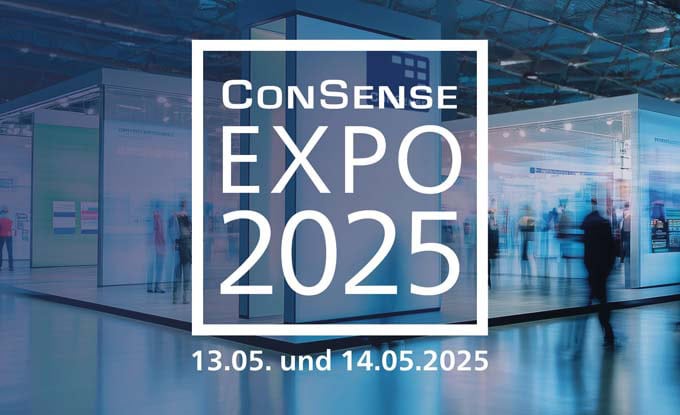Machine Learning - the future for mechanical engineering
Machine learning will change mechanical engineering and therefore also many user industries. The implementation has already begun - now the focus is on concrete application scenarios and their realization. A statement from Gunther Sälzer, Field Business Leader Architecture & Software Specialist at Rockwell Automation.

Especially for mechanical engineering, machine learning brings many new and exciting approaches. Efficiency, flexibility and quality of the plants can be significantly improved with the help of the available data. New business models are being developed for customers. Machine Learning ensures that software and information technology are increasingly becoming the key innovation drivers in mechanical engineering.
In many industries, the increasing interchangeability of individual machines will mean that in the future not only the machine itself will be sold, but above all complementary services. This changes the business basis for mechanical engineering enormously and it also explains why machine learning is on the agenda in management and in many specialist departments of mechanical engineering companies.
Gunther Sälzler, Field Business Leader Architecture & Software at Rockwell Automation, explains:
"Machine learning is already a crucial part of numerous greenfield projects. While the technology has so far been dismissed by many as dreams of the future, we are currently seeing the first applications that can be used without any major prior knowledge or experience and offer real added value for managers and machine operators. We are only at the beginning of a long development here, which will offer many more advantages and opportunities in the future," explains Gunther Sälzler.
"In order not to lose touch with this broad field in the future, work should already be done now with the first available and reliably working systems. This is the only way to ensure that application fields are correctly classified by companies, that implementation projects do not fail due to misconceptions, or that desired benefits are not achieved through machine learning. Fields of application that exist in almost all plants are, for example, predictive and prescriptive maintenance as well as quality assurance. This first step involves a fair amount of innovation. However, as we have often seen in the past, this entrepreneurial attitude is also rewarded in the long term with far-reaching advantages over hesitant competitors. The important thing is for companies to familiarize themselves with the matter at an early stage and get in touch with providers of industrial systems that offer the aforementioned advantages by means of machine learning."
A topic for the future
Machine learning enables technical systems to learn from experience. Algorithms are used to make the system recognize patterns and structures with sample data provided by humans. Machine learning then applies this new knowledge to new, unknown cases.
The VDMA Software and Digitalization helps companies to successfully shape the path with Machine Learning with the VDMA members. In its network, the trade association has a large number of companies that already have technological knowledge about machine learning. This knowledge is to be used profitably for mechanical and plant engineering. The Machine Learning Expert Group has been working on publications and assistance for VDMA members for three years now. New use cases are developed in regular meetings. The latest publication is the Quick Guide Machine Learning.









